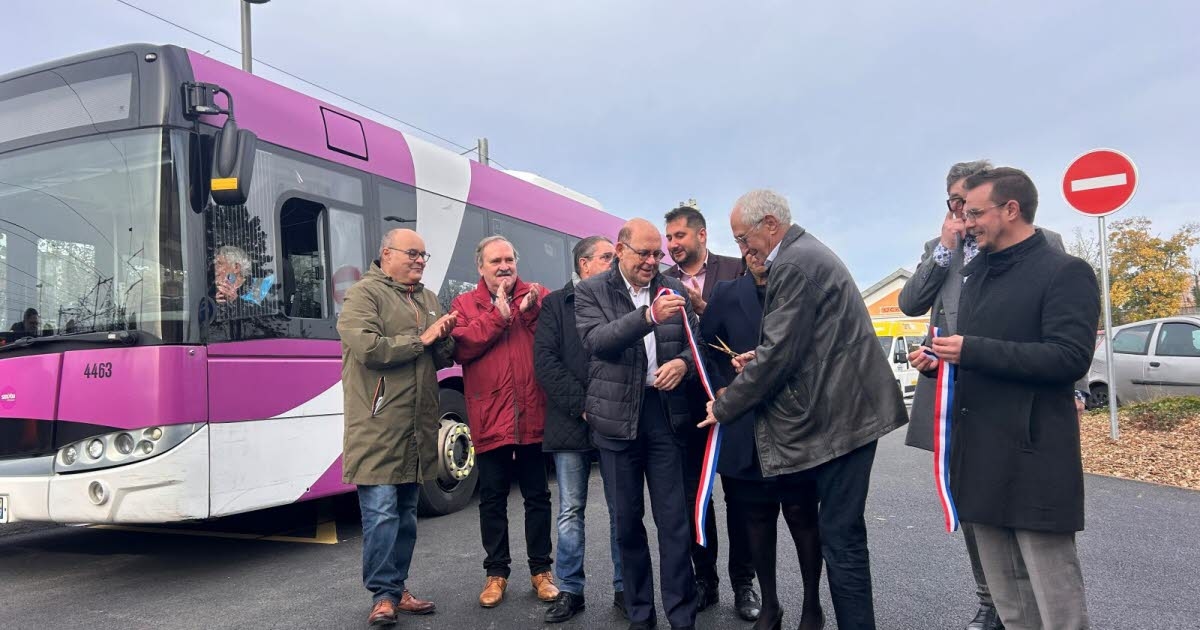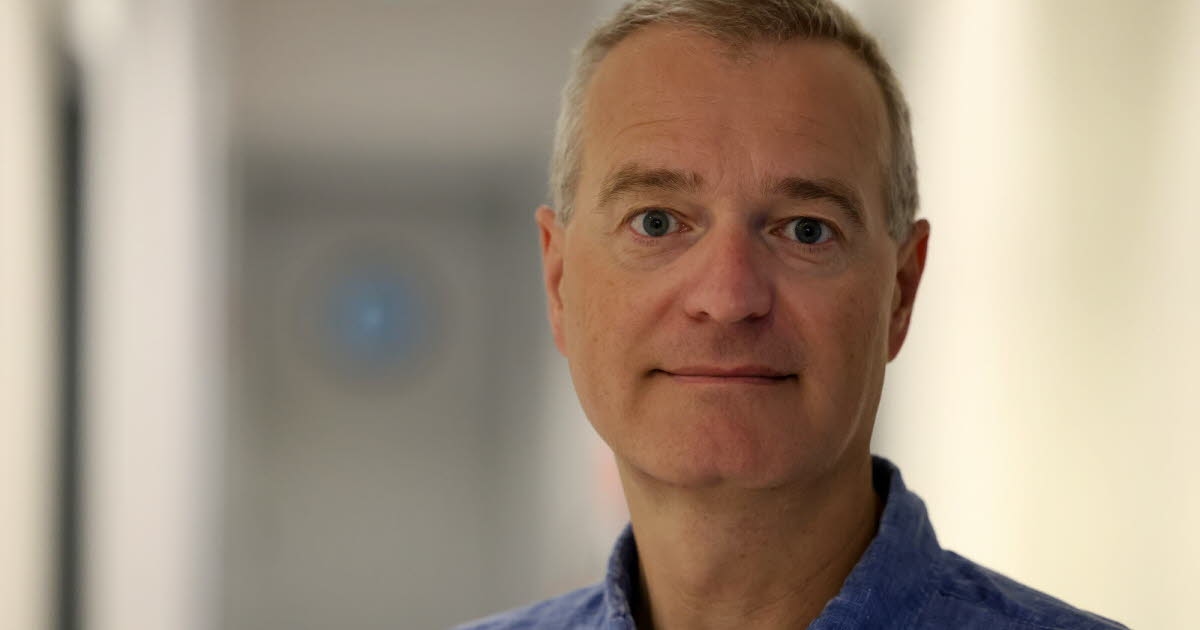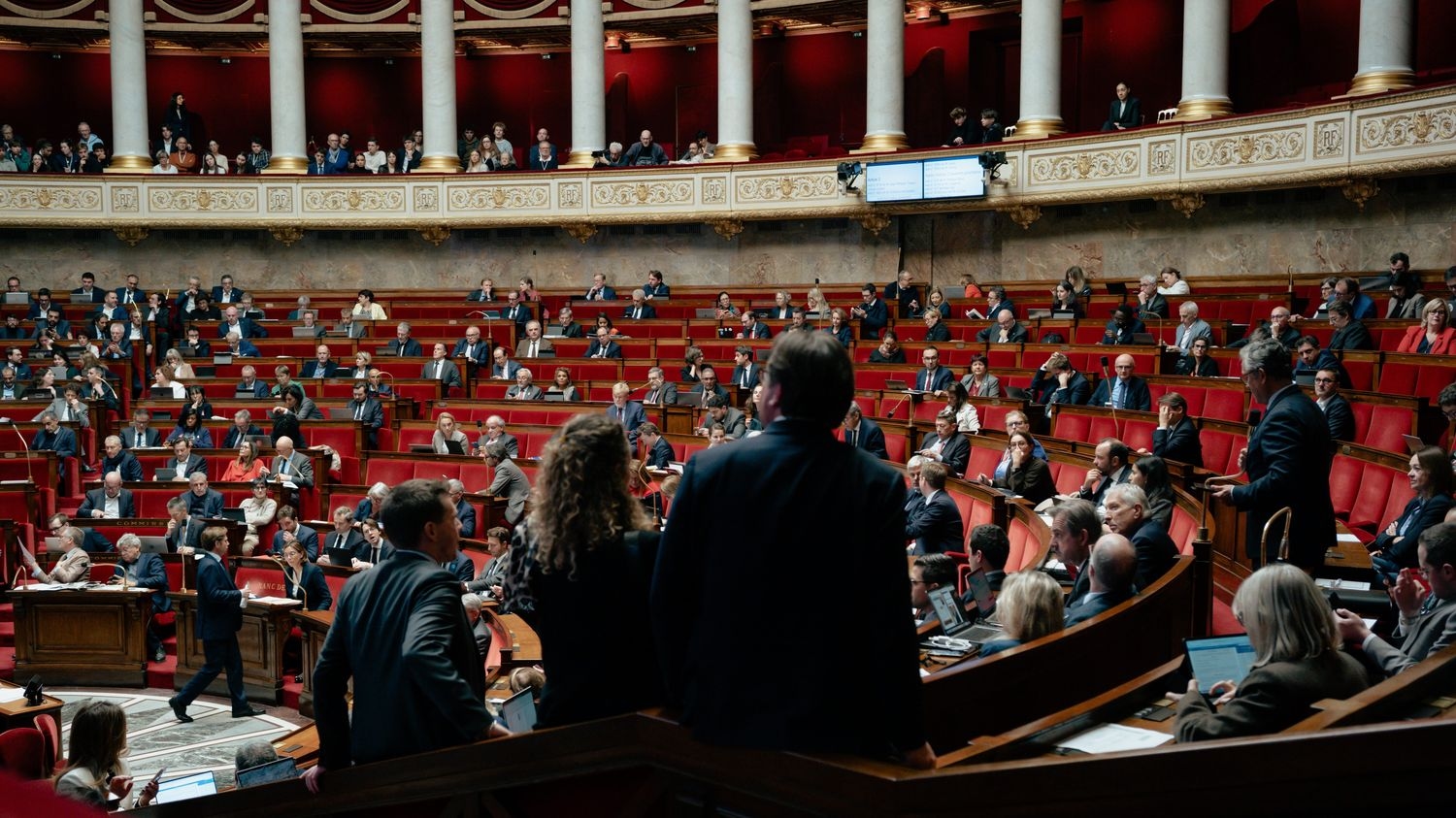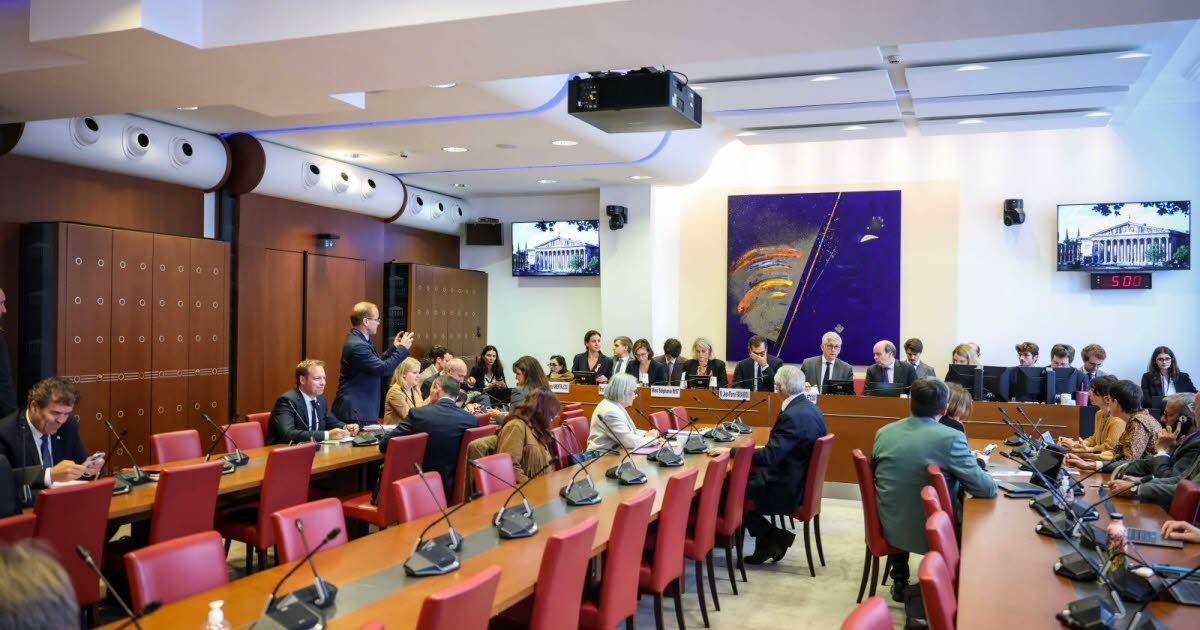Following the National Rally's parliamentary slot, its president, Jordan Bardella, is asking Emmanuel Macron to "take note"
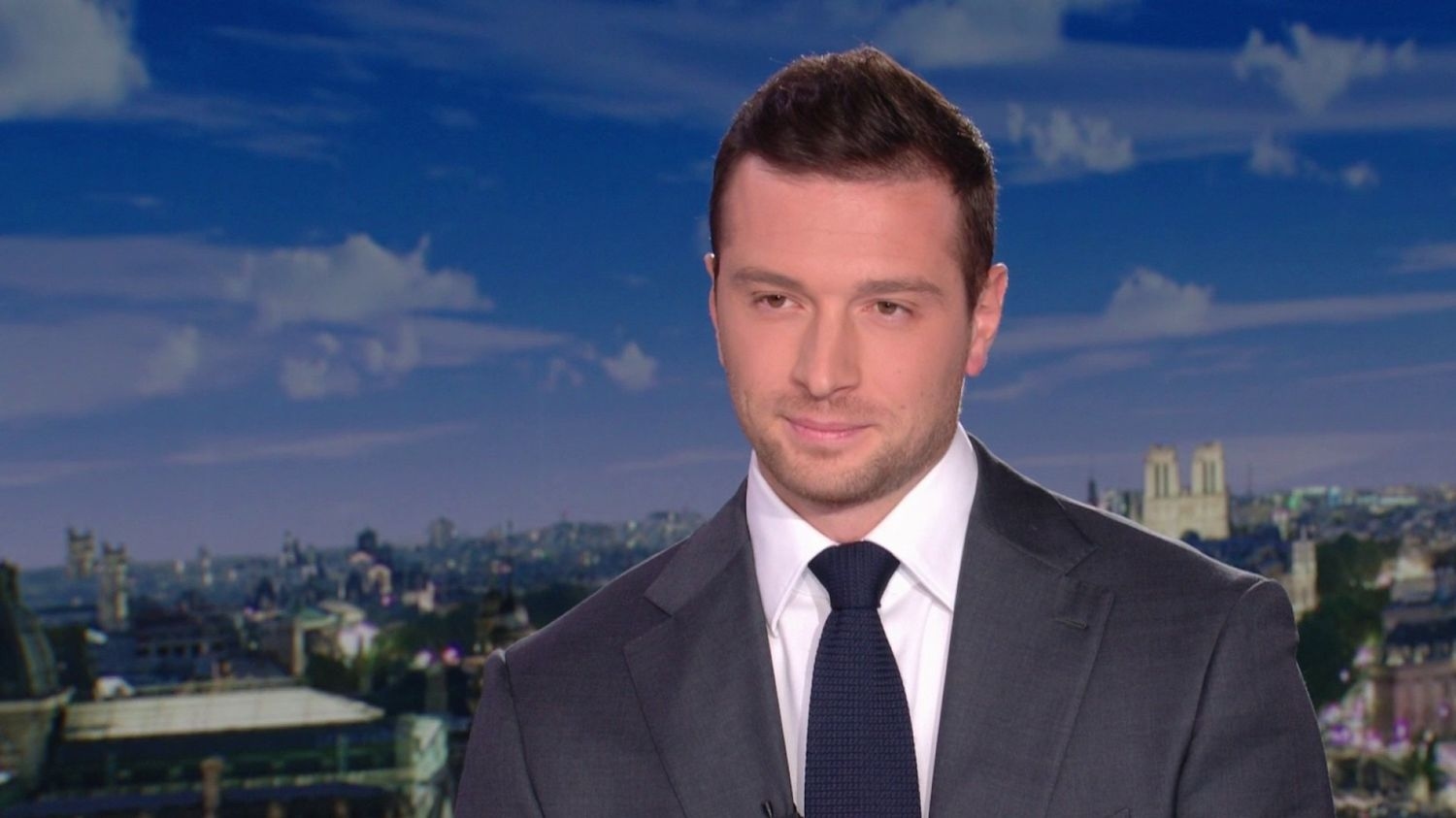
Jordan Bardella, president of the National Rally, has released his second book, "What the French Want," published by Fayard. He was a guest on the 8 PM news on Thursday, October 30th.
This text is part of the transcript of the report above. Click on the video to watch it in full.
One year after his first book, which sold over 200,000 copies, Jordan Bardella returns to bookstores with Ce que veulent les Français published by Fayard, a book in which the president of the National Rally meets with the French and draws 20 portraits of a France that he describes as hardworking and silent.
Léa Salamé: There was this dramatic turn of events in the National Assembly on Thursday, October 30th. For the first time, the National Rally succeeded in passing one of the texts you proposed, by a single vote. It's a resolution denouncing the 1968 Franco-Algerian agreement. It's a symbolic victory for the National Rally. But on the substance of the issue, breaking the 1968 agreement with Algeria demonstrates a firm stance—is it effective?
Jordan Bardella : France must regain control of its immigration policy and the French must regain control of their destiny. In terms of migration, the 1968 agreement, which was concluded between France and the Algerian state, facilitates Algerian immigration to France by first facilitating the granting of visas, by facilitating the settlement of Algerian nationals on French soil, and obviously by facilitating an emigration that is both for settlement and family reunification.
For several years now, and more significantly in recent months, the French have watched with a certain astonishment as the Algerian regime intensifies its provocations against France, particularly regarding these OQTFs (Orders to Leave French Territory), meaning those individuals present on French soil who are obligated to leave French territory and whom Algiers does not wish to take back. [...] We are not only advocating for the suspension of this agreement with Algeria, but we have achieved this today through a vote in Parliament and the National Assembly, and this evening, I am asking the President of the Republic and his Prime Minister to acknowledge it.
Léa Salamé: What you voted for today is symbolic, but it is not binding; it is the President of the Republic who can change things concretely.
Jordan Bardella: I heard on your program a few days ago, and he reiterated this several times, that Prime Minister Lecornu indicated he lacked a majority and that he would listen to Parliament. Parliament, the house of the French people, has spoken, and through this resolution, initiated by the National Rally and adopted—a historic moment—it is calling on the Prime Minister and the President of the Republic to acknowledge, act, and end the preferential treatment enjoyed by Algerian nationals. Again, I'm not targeting anyone, but France must regain control of its immigration policy. Furthermore, none of the major mechanisms that should allow our country to protect itself from this type of government, which resorts to blackmail, particularly on immigration, have been activated, and we are obviously in favor of a firm diplomatic stance towards the Algerian regime.
Léa Salamé: We'll see if Emmanuel Macron takes up and breaks the 1968 agreement, and we'll see if this firm stance works with Algeria or not. This book, which you present as the diary of an angry country, deaf to weariness and incomprehension. You went to see, pencil and notebook in hand—or so you say—a select group of French people: Bernard the fisherman, Olivier the baker, Corrado the restaurateur, François the farmer, Pascale the magistrate… This book is being published a year and a half before the presidential election. What is it? Is it a manifesto? Is it a candidate's book?
Jordan Bardella: I wanted to write down everything the French people have told me. I've been involved in politics for several years now, a little over ten, and with each election campaign, I've observed this disconnect between the political world and real life, the lives of ordinary French people. And I have the feeling that this hardworking France, this France of early risers, this France of farmers, ranchers, fishermen, restaurant owners, judges, police officers, and soldiers—all this France that keeps our country going—very often, political leaders hear it but don't listen. I wanted to give them a voice with this book, and so I've gathered in this work all the confidences that the French people share with me, with great simplicity and sincerity.
Léa Salamé: The book is called "What the French Want ," but does it really represent all French people? The French people you've chosen—20 portraits—are all very close to the National Rally's theses and positions, almost all of whom endorse them. Is this what the French want, or is it what those French people who think like you want?
Jordan Bardella: I expected your question; it's natural and legitimate. Of course, when you allow the president of the National Rally to spend two days on his farm or fishing boat, or when you agree to share intimate conversations—I recount these very personal encounters I've had with French people whose voices we no longer hear, whose voices we feel are constantly silenced by decisions completely detached from reality—obviously, the French people who placed their trust in me are not hostile to my presence. But no one can claim to speak for all French people.
Léa Salamé: Wouldn't it have been more stimulating to go and see French people who disagree with you on immigration, on the European Union, to have this debate too and hear what you have to say to them.
Jordan Bardella: Let's be clear, the French people I've spoken to, whose thoughts I'm trying to modestly convey, don't all vote for the National Rally. I wasn't interested in how the French vote. What interested me was them, their lives, their feelings. It's this disconnect that exists today between what's decided in Paris and what the French people want. And I've noticed that many of our fellow citizens no longer recognize themselves in the decisions made in Paris. And when you see this political spectacle of the last year and a half, particularly through these backroom deals, many people who get up in the morning, who can no longer make ends meet, who are very worried about their own safety, but also about that of their children—this France, it's true, sometimes feels represented by political movements like mine that challenge the way this system is currently functioning.
But I wanted, with great humility, to give them a voice and also to outline some solutions because our country needs calm, and I asked myself a simple question, Ms. Salamé: who is listening to the French people today? Who is paying attention to the suffering, the pain, the anxieties of our fellow citizens? With great humility, I wanted to do this work, because I think that we cannot have a good project for the country that meets the expectations of the French people if we are not able to listen to them, and the first duty of a politician is to listen to his fellow citizens.
Francetvinfo

